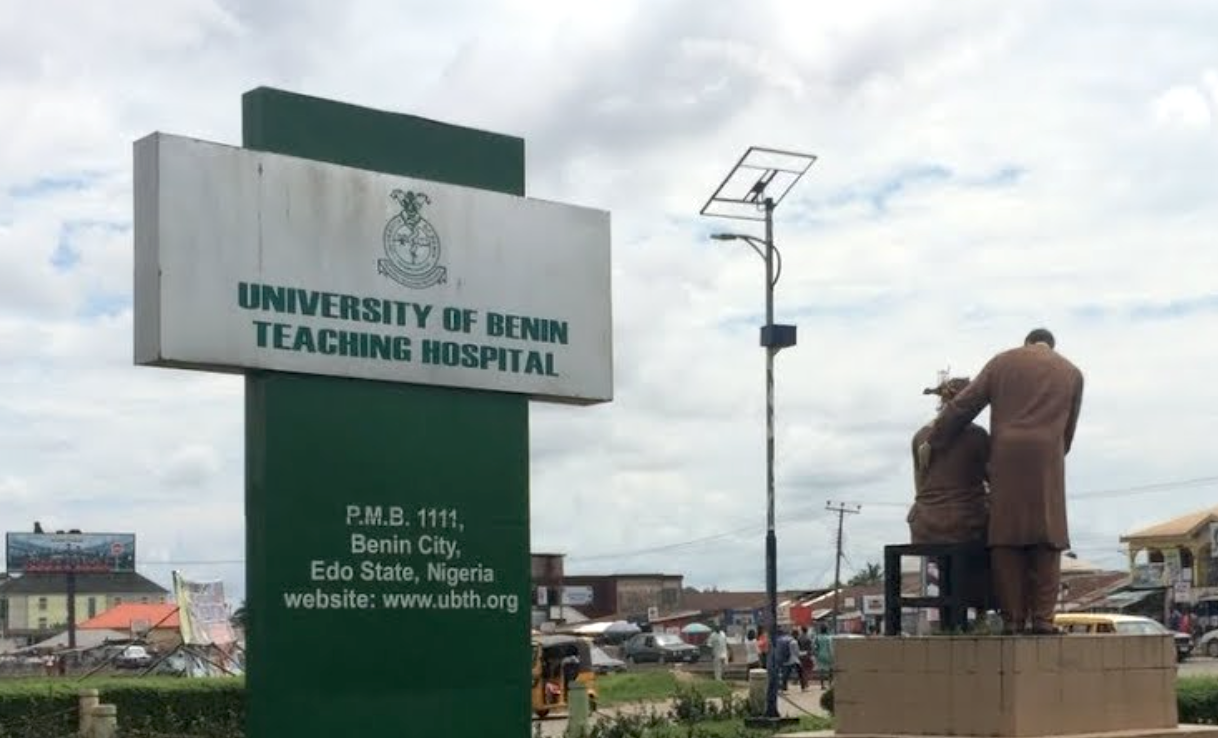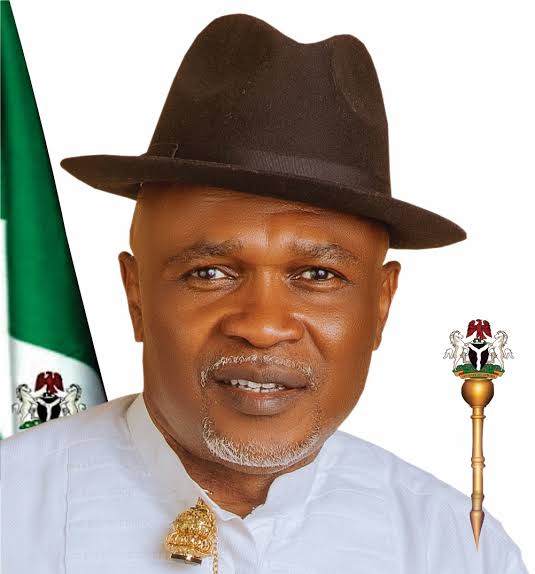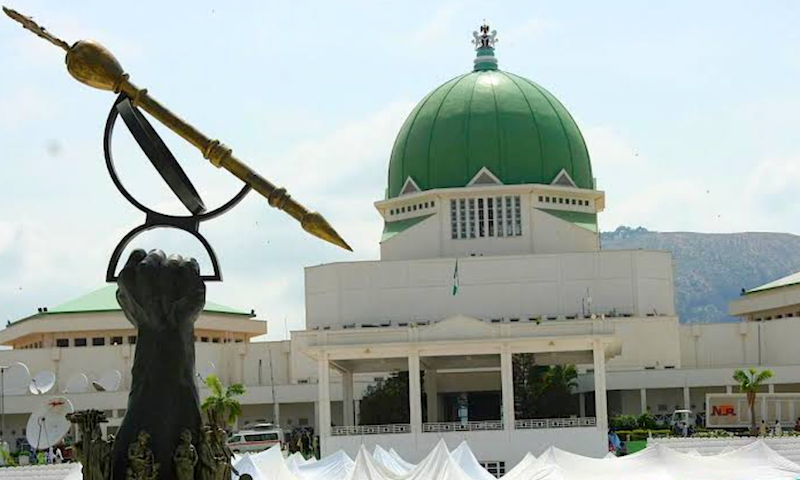The House of Representatives has announced plans to audit the 2023 and 2024 expenditures of the University of Benin Teaching Hospital (UBTH), and review its 2025 projections.
Patrick Umo, Chairman of the House Committee on Public Health Institutions, disclosed this on Tuesday in Benin during an oversight visit to the hospital.
He was accompanied by Billy Osawaru, who represents Orhionmwon/Uhunmwode Federal Constituency.
Umo explained that the visit was not a witch-hunt but part of the committee’s constitutional mandate to ensure accountability and transparency in public health institutions.
“We have examined the books and documents presented to the committee, though some of them are not as accurate as expected,” he said.
The chairman also raised concerns over debts linked to the hospital’s drug revolving fund, adding that the committee would thoroughly evaluate the documents and take necessary actions where required.
“Documents have been submitted, concerns have been raised and motion moved by my colleagues for investigation and the chairman has moved that the hospital must be investigated.”
The areas, where the lawmaker said the house would beam its searchlight included the drug revolving fund, energy cost as well as personnel audits.
“We have our suspicions on the documentation hence, we are going to look at the books and conduct a proper evaluation and assessment of what was presented.
“So our report will be out when we sit down at an enlarged committee.
“We will get back to the hospital and tell them areas where they need to improve and show them the areas of weaknesses and strengths,” he said.
Umo, who said though he could not speculate or indict anyone at this stage, noted that the constitution presumes everyone innocent until proven otherwise.
“I can’t sit here and begin to indict people when we have not conducted audit; it would be premature,” he said.
Those needed to be invited for clarifications, he said, would be contacted by the Clerk of the House, Dr Yahaya Danzaria.
The chairman, however, lauded the hospital for emerging one of the biggest tertiary health institutions in the country,
He, nonetheless, stressed the need for the hospital’s management to step up efforts in infrastructure, emergency response, and its payment system.
Prof. Idia Ize-Iyamu only officially assumed duty as the new Chief Medical Director (CMD) of UBTH on Aug.18.
She succeeded Prof. Darlington Obaseki, whose eight-year tenure concluded on Aug.17.
Her appointment, approved by the Federal Government, positions her as the head of one of Nigeria’s foremost tertiary health institutions, where she is expected to drive reforms in service delivery, infrastructure, research, and training.
Ize-Iyamu, is a professor of Orthodontics and former Provost of the College of Medical Sciences, University of Benin.
She has pledged to consolidate on the achievements of her predecessor while prioritising improved patient care, staff welfare, and innovation in medical practice.




